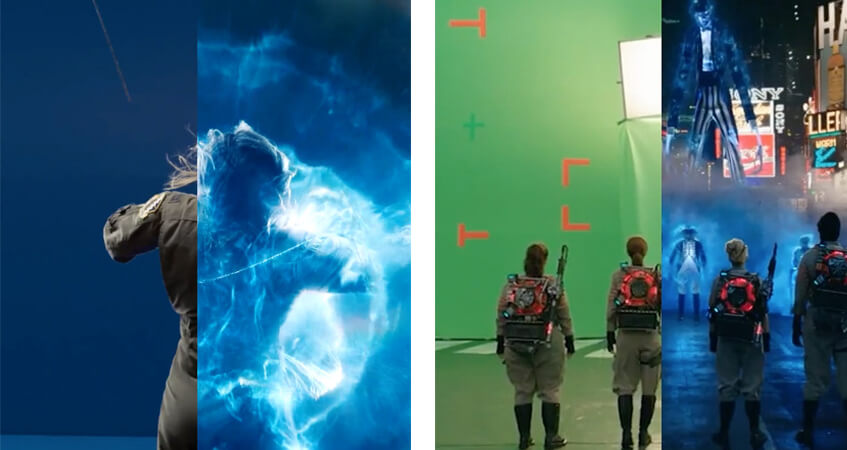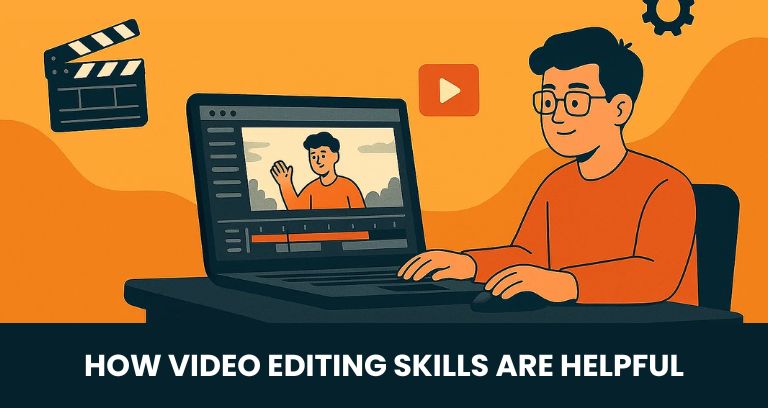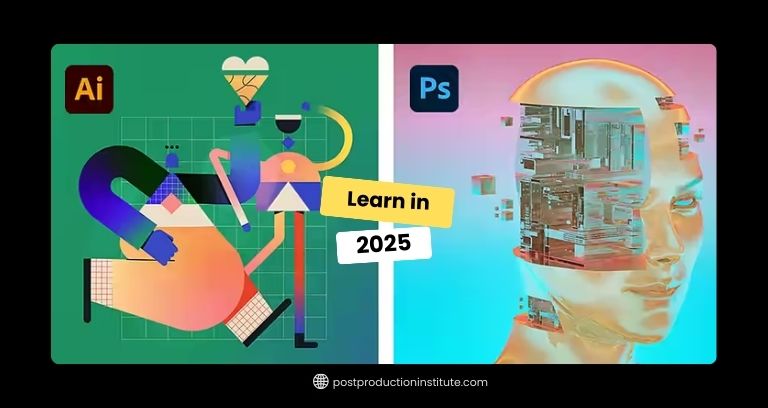What is Visual Effects or VFX?
Category - Learn More on Adobe Photoshop
Visual effects or VFX in its most elementary form are digitally manipulated live action footage. In other words, a visual effect is the optimum use of computers to add and remove special effects or anything that wasn’t originally within the shot.
A visual effect or impact is the integration of live-action footage and generated imagery to create realistic environments. However, the creation of such imaginary would be dangerous, costly, and simply impossible to capture on film.
Employment of visual effects using computer-generated imagery (CGI) became progressively common in big-budget films and has conjointly become accessible to the amateur movie maker with the introduction of economical animation and compositing software package.
Being a beginner in the arena of Visual Effects, the number of computer applications and learning programs available in the market may confuse you. On deciding what program(s) to be applied and how to learn them it’s imperative to determine what your long and short-term goals are.
Are you looking to break into the VFX industry engaged on major motion pictures? Or are you a one-man team wanting to increase the production value of your YouTube channel?
Visual Effects (VFX) typically involves working for clients with specific wants. With the increasingly competent and reasonable technology, there has been an outbreak of filmmakers that may direct, edit, and create visual effects on their own projects. This writes up is a must-read for amateur filmmaker and visual effects artist interested in knowing the fundamentals of what visual effects is, who can benefit from visual effects, a career in Visual Effects, etc.
Who can benefit from Visual Effects (VFX)?
Anyone that benefits from advertising can reap the benefit from visual effects. Video has a natural attractiveness to audiences.
People want to “see” something before “reading” it. When it comes to internet marketing, visual effects can be employed to increase the customer experience by providing information about varied company’s product or services, putting a face on a company thereby building a company brand.
Furthermore, videos that demonstrate how a product works, along-with attractive visuals, would definitely serve as good evidence that a product can be handled in a specific manner in order to render the desired result.
Such promotional measures trigger the viewer’s attention, ultimately influencing buying decisions.
Following are the commonly used computer applications for creating marvelous visual effects for both professional & consumer level:
- 3Ds Max
- Adobe After Effects
- Maxon Cinema 4D
- Autodesk Flame
- Maya
- Boujou
- Nuke
- PETrack
- Syntheyes
- RealFlow
All the above-mentioned software differs in their approach and serves a unique purpose for creating high-quality visual effects.
Visual Effects as a Career
The field of Visual Effects (VFX) offers promising career opportunities in the digital media industry. One can engage in freelancing work or can designate himself as
- Digital Compositor
- VFX Artist
- Technical Artist
- Digital Effects Animator
- Rotoscoping Artist
- Motion Graphic Artist, etc.
The Pay: Earnings in Visual Effects depend upon whether you are employed by a company, a studio or as a freelancer. Typically, short commercial business jobs pay more, but television entertainment show and film jobs render more job security. Normally visual-effects supervisors earn an average wage of $2,500 per week.
The Hours: Workdays are usually at least 10 hours long. Time frame is high-pressure and erratic. According to Visual-effects artists Bemoan, “There’s no standard representation of control hours and working conditions. More necessary is an eye for creative detailing, such as shadow, light, and texture.” Anybody can teach you the technical knowledge, but no one can teach you to have a great eye.
Candidates who want to learn the art of making visual effects can pursue the career-oriented VFX master course.
For more information you can visit our post production courses:
Must Read:
- New in VFX or Visual Effects Industry in 2014
- Adobe After Effects - Motion Graphics and Visual Effects Software
- Visual Effects - A Promising Career Option



